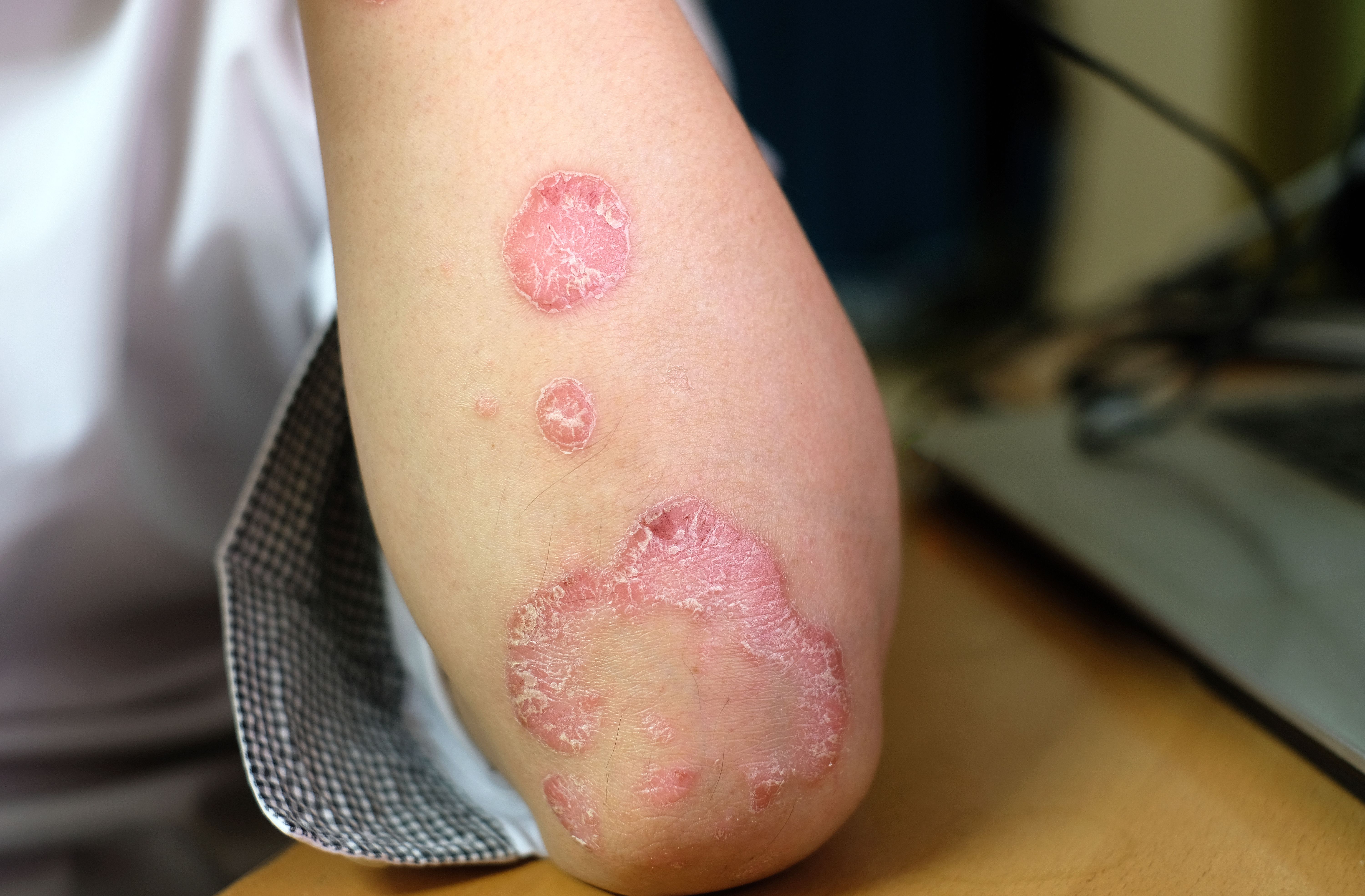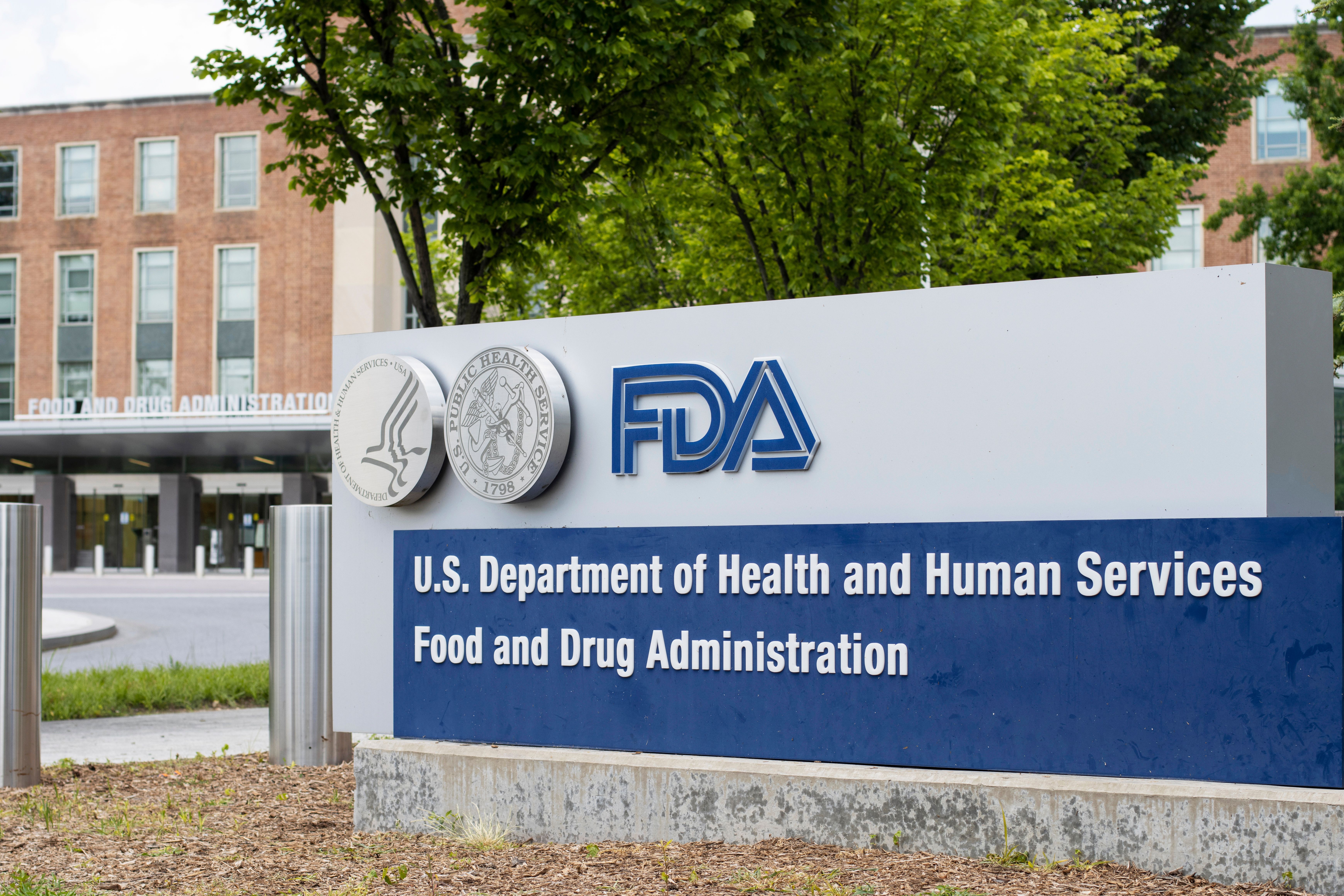- Acne
- Actinic Keratosis
- Aesthetics
- Alopecia
- Atopic Dermatitis
- Buy-and-Bill
- COVID-19
- Case-Based Roundtable
- Chronic Hand Eczema
- Chronic Spontaneous Urticaria
- Drug Watch
- Eczema
- General Dermatology
- Hidradenitis Suppurativa
- Melasma
- NP and PA
- Pediatric Dermatology
- Pigmentary Disorders
- Practice Management
- Precision Medicine and Biologics
- Prurigo Nodularis
- Psoriasis
- Psoriatic Arthritis
- Rare Disease
- Rosacea
- Skin Cancer
- Vitiligo
- Wound Care
News
Article
Clinicians to Watch for Recalled Supplement That May Cause Solar Purpura
Key Takeaways
- Thorough screening for OTC supplements and medications is crucial to identify causes of bruising and solar purpura.
- Common OTC pain relievers and heartburn medications can increase bruising risk by exacerbating skin fragility.
Shanna Miranti, MPAS, PA-C, discusses the Umary hyaluronic acid tablets that were recalled in fall 2024.
“Patients swear by this as being very helpful for their arthritic symptoms, yet it is causing significant bruising, significant solar purpura, and traumatic purpura in my practice in the patients that have taken it,” said Shanna Miranti, MPAS, PA-C, in an interview with Dermatology Times.
Miranti, a physician assistant at Riverchase Dermatology in Naples, Florida, and a Dermatology Times Editorial Advisory Board member, recently discussed the clinical importance of thoroughly screening patients for both prescription medications and over-the-counter (OTC) supplements, particularly in relation to solar purpura. Solar purpura, sometimes negatively referred to as senile purpura, manifests as bruising due to thinning skin and is typically associated with blood thinner usage. However, many patients presenting with this condition are not on prescribed anticoagulants, prompting a deeper evaluation of contributing factors.
Miranti emphasized that dermatology clinicians must proactively inquire about patients' use of OTC medications and supplements, as these can significantly increase the risk of bruising and solar purpura. Common OTC pain relievers, especially nonsteroidal anti-inflammatory drugs (NSAIDs) such as aspirin, ibuprofen, and naproxen, can exacerbate skin fragility and bruising. Additionally, heartburn medications such as Alka-Seltzer, Pepto-Bismol, and Kaopectate were highlighted for their potential role in increasing bruising susceptibility.
Miranti also stressed the importance of evaluating dietary supplements, which are widely used but often omitted from medication lists. Supplements known to contribute to bruising include fish oil or DHA, vitamin E, turmeric (curcumin), and several that Miranti refers to as the "G's": ginkgo biloba, ginger, garlic, ginseng, and grape seed extract. Melatonin, a common sleep aid, and certain dietary additives such as cayenne pepper and cinnamon can also heighten bruising risks.
Additionally, Miranti brought attention to a specific supplement that patients have mentioned to her, Umary hyaluronic acid tablets, which gained popularity for arthritis and joint pain relief. Marketed as a hydration supplement containing turmeric, hyaluronic acid, and mushroom extracts, Umary was recalled in fall 2024 by the FDA due to contamination with prescription drugs such as naproxen and omeprazole.1 Despite the recall, it remains available through online retailers, leading to significant cases of bruising and purpura among users.
This is not the first time the FDA has warned against Umary products, as it published a statement in July 2024 advising consumers “not to purchase or use Umary products. FDA laboratory analysis confirmed that additional versions of Umary products sold by Main Products, Inc, contain diclofenac and omeprazole.”1,2
To mitigate the risks of using compromised products, Miranti advises that dermatology clinicians address the presence of purpuric lesions during full-body skin exams. If patients cannot recall any trauma leading to the bruising, it is essential to explore their use of supplements and OTC medications as potential causes. This comprehensive screening approach can help identify underlying contributors to skin thinning and bruising, ensuring more effective patient care.
List of Vitamins, Supplements, and Medications to Check:
- OTC Pain Relievers:
- Aspirin
- Ibuprofen
- Naproxen
- Heartburn Medications:
- Alka-Seltzer
- Pepto-Bismol
- Kaopectate
- Supplements:
- Fish oil / DHA
- Vitamin E
- Turmeric / Curcumin
- Ginkgo biloba
- Ginger
- Garlic
- Ginseng
- Grape seed extract
- Melatonin
- Dietary Additives:
- Cayenne (pepper, hot sauces)
- Cinnamon
- Specific Supplements:
- Umary (contains turmeric, hyaluronic acid, mushroom extracts; contaminated with naproxen and omeprazole)
References
- Cervantes F. Supplements sold on Amazon recalled by FDA due to contamination with other drugs. USA Today. November 22, 2024. Accessed January 13, 2024. https://www.usatoday.com/story/money/2024/11/22/umary-supplements-amazon-recall-fda/76507626007/
- Umary contains hidden drug ingredients. US Food and Drug Administration. July 23, 2024. Accessed January 13, 2024. https://www.fda.gov/drugs/medication-health-fraud/umary-contains-hidden-drug-ingredients
Newsletter
Like what you’re reading? Subscribe to Dermatology Times for weekly updates on therapies, innovations, and real-world practice tips.












